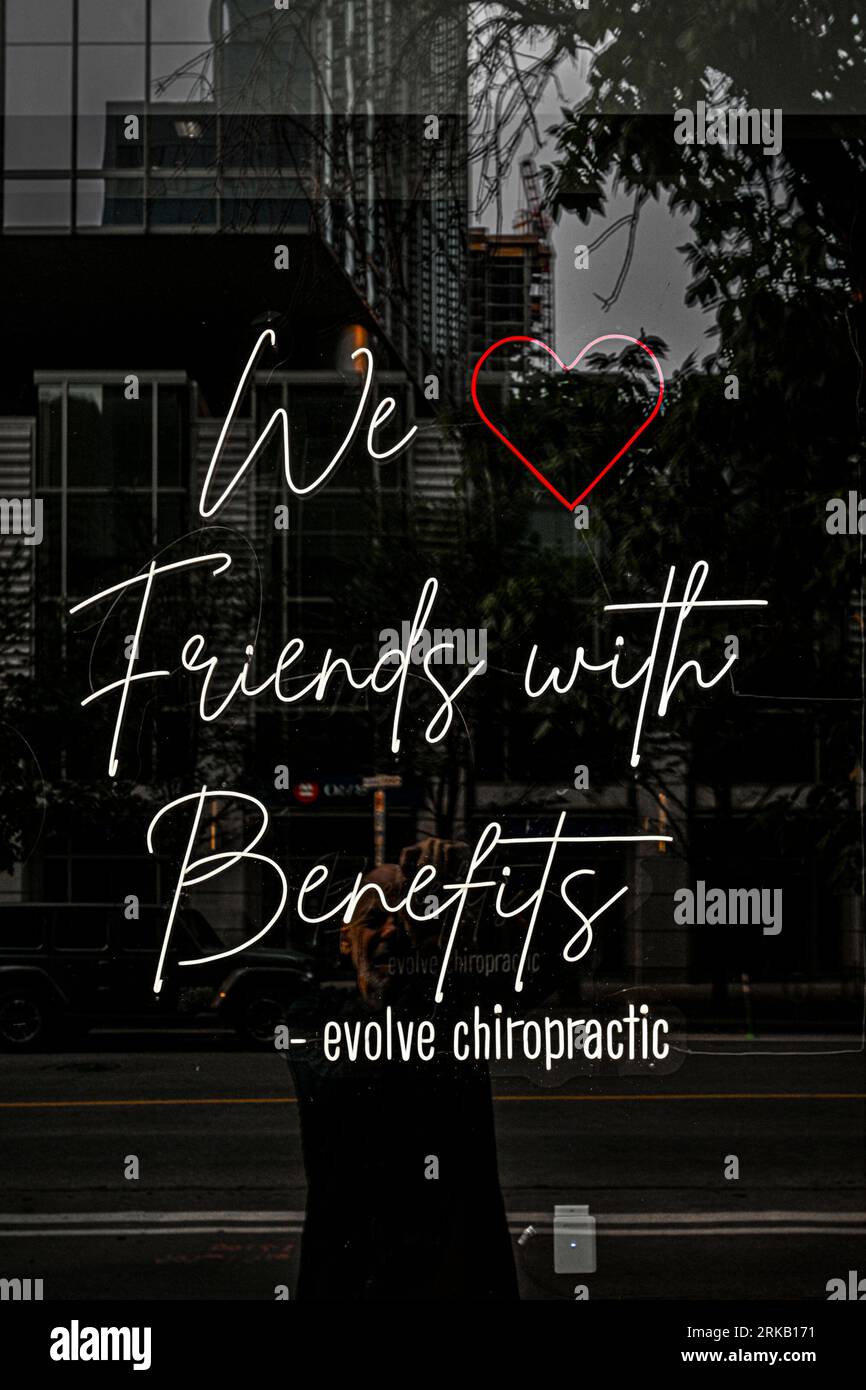
WEIGHT: 62 kg
Breast: Medium
1 HOUR:80$
Overnight: +30$
Sex services: Smoking (Fetish), Smoking (Fetish), Blow ride, Photo / Video rec, Cum in mouth
A few months ago, when millions of Americans were watching the Netflix series Emily in Paris because it was what we had been given that week, I cued up the first episode and was beset almost immediately by an intense longing. Not for travel, or for opportunities to wear beautiful clothes—two commonly cited high points in an otherwise charmless show—but for sports. I know this because I am, sometimes unfortunately, a person who has spent a good chunk of her adult social life watching sports in bars, both with my actual close friends and with or so fellow travelers at the New York City bar that hosts expatriated University of Georgia alumni during college-football season.
But the other experience—the one Emily in Paris was trying to portray—has been lost entirely. In noticing all the ways the show misunderstood its joys, I realized how much I missed it, and especially how much I missed all of those people I only sort of know. But many comforted me through mutual, bone-deep disappointment, or sprayed champagne at me in exhilaration. In the weeks following, I thought frequently of other people I had missed without fully realizing it.

Pretty good friends with whom I had mostly done things that were no longer possible, such as trying new restaurants together. Workers at the local coffee or sandwich shops who could no longer dawdle to chat. The depth and intensity of these relationships varied greatly, but these people were all, in some capacity, my friends, and there was also no substitute for them during the pandemic.
Understandably, much of the energy directed toward the problems of pandemic social life has been spent on keeping people tied to their families and closest friends. These other relationships have withered largely unremarked on after the places that hosted them closed. The pandemic has evaporated entire categories of friendship, and by doing so, depleted the joys that make up a human life—and buoy human health.

But that does present an opportunity. American culture does not have many words to describe different levels or types of friendship, but for our purposes, sociology does provide a useful concept: weak ties. The term was coined in by the Stanford sociologist Mark Granovetter, and it comprises acquaintances, people you see infrequently, and near strangers with whom you share some familiarity. Most people are familiar with the idea of an inner circle; Granovetter posited that we also have an outer circle, vital to our social health in its own ways.

































